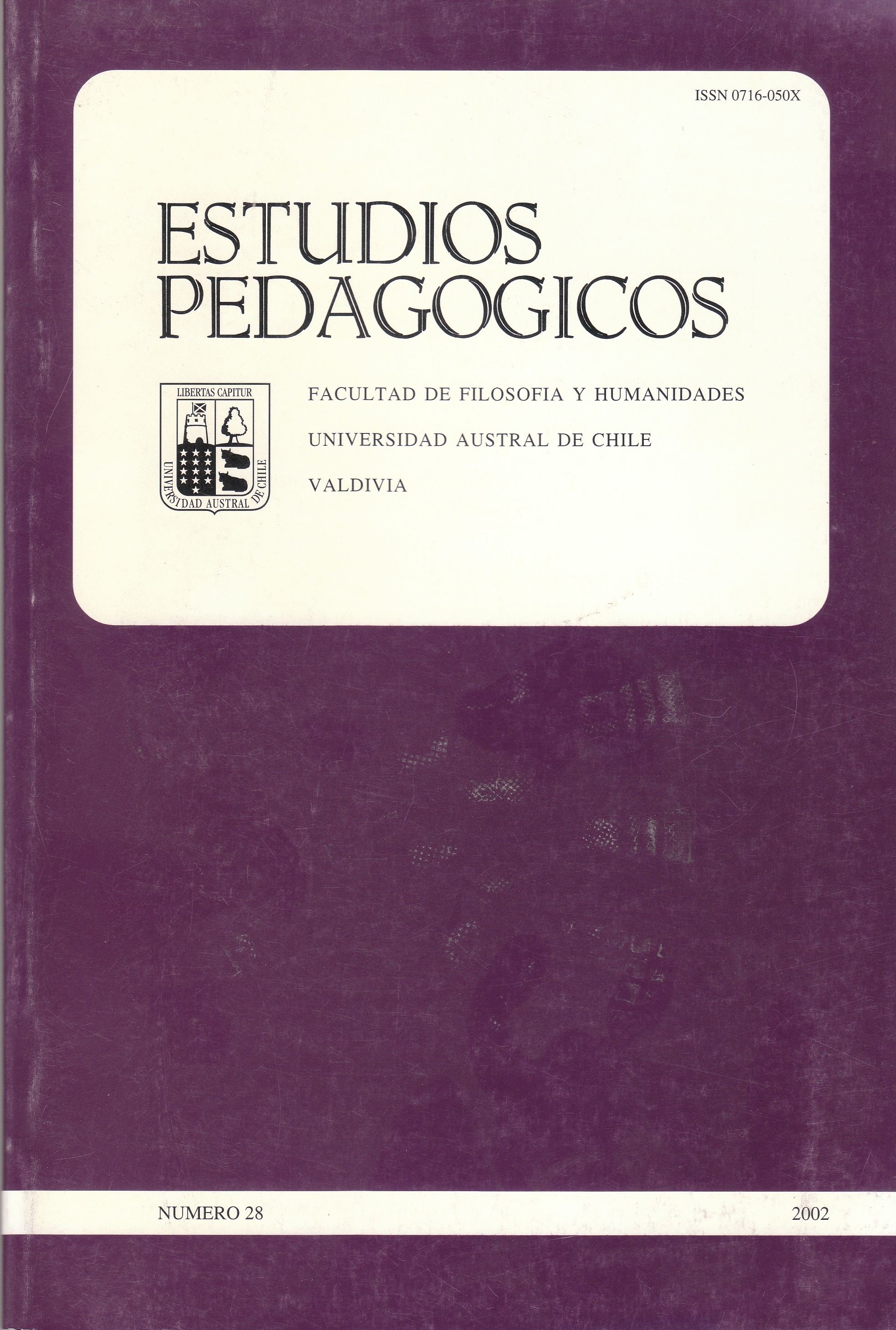How do children learn how to write? The conceptions of parents and teachers of educational communities in middle and excluded sociocultural environments
Main Article Content
Abstract
We present a case study of the conceptions teachers and parents hold about the children’s learning of writing, in educational communities in middle and excluded sociocultural environments in Bariloche, Argentina. In particular, their ideas about the following issues are described: how children learn to write, what children do when they learn, how children realize they learn, how teachers and parents realize children learn. Data collection consisted in individual interviews. Verbal responses were analysed with the lexicometric method, allowing to distinguish three groups, by associating characteristic words and modalities of the combined variable educational position (teacher vs. parent) - sociocultural environment (middle vs. excluded). On this basis, we described three conceptions of learning and teaching of writing: a) learning based on teacher’s verification of learning results, and teaching based on the impression of knowledge (characteristic of teachers working in excluded environments); b) learning based on the activation and connection of prior knowledge, and teaching based on channelling and enlarging prior knowledge (teachers working in middle sociocultural environments) and c) learning based on children’s natural orientation to learn, and teaching based on the provision of models and on the response to children’s demands (parents from both environments). We propose that the first conception is related to a direct or copy theory of mind, whereas the other two are versions of an interpretative theory of mind. Educational implications are discussed.

